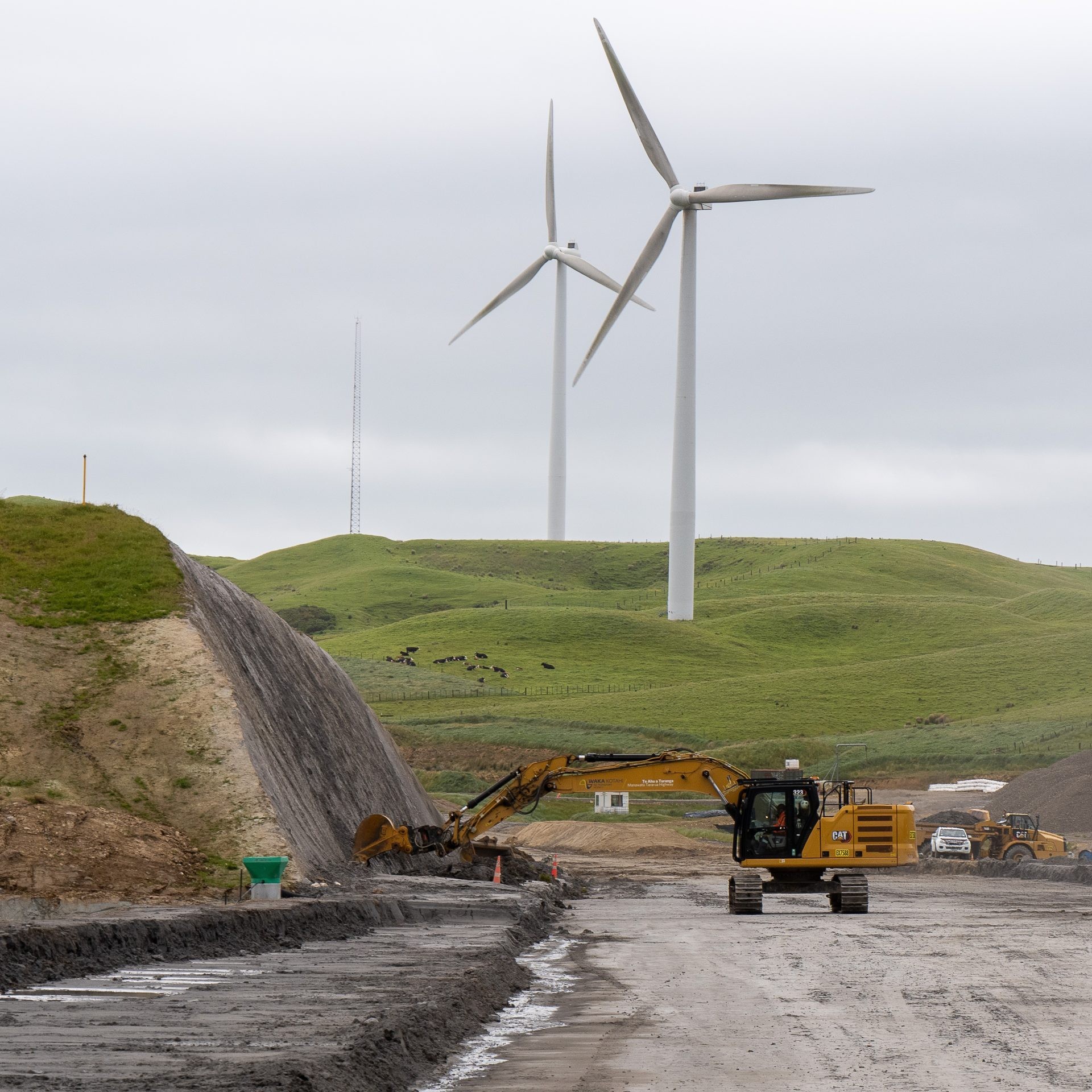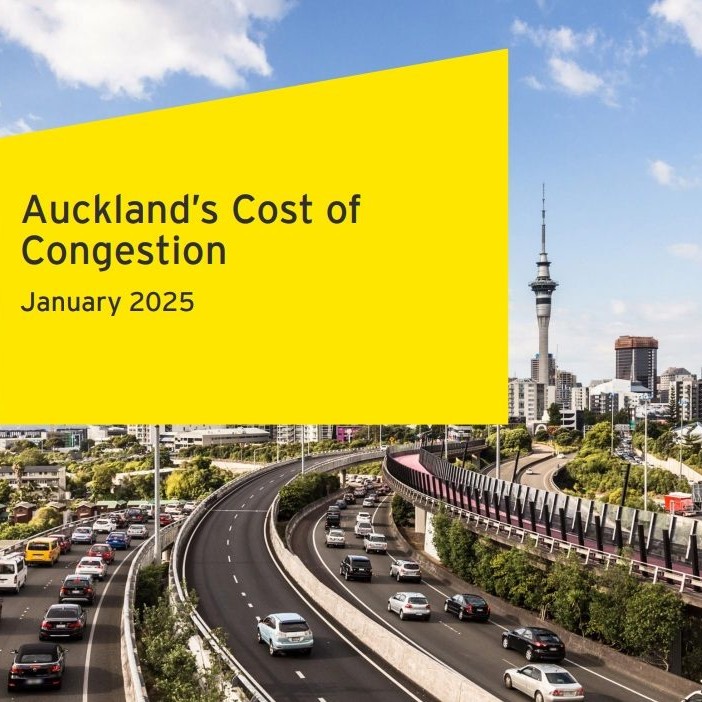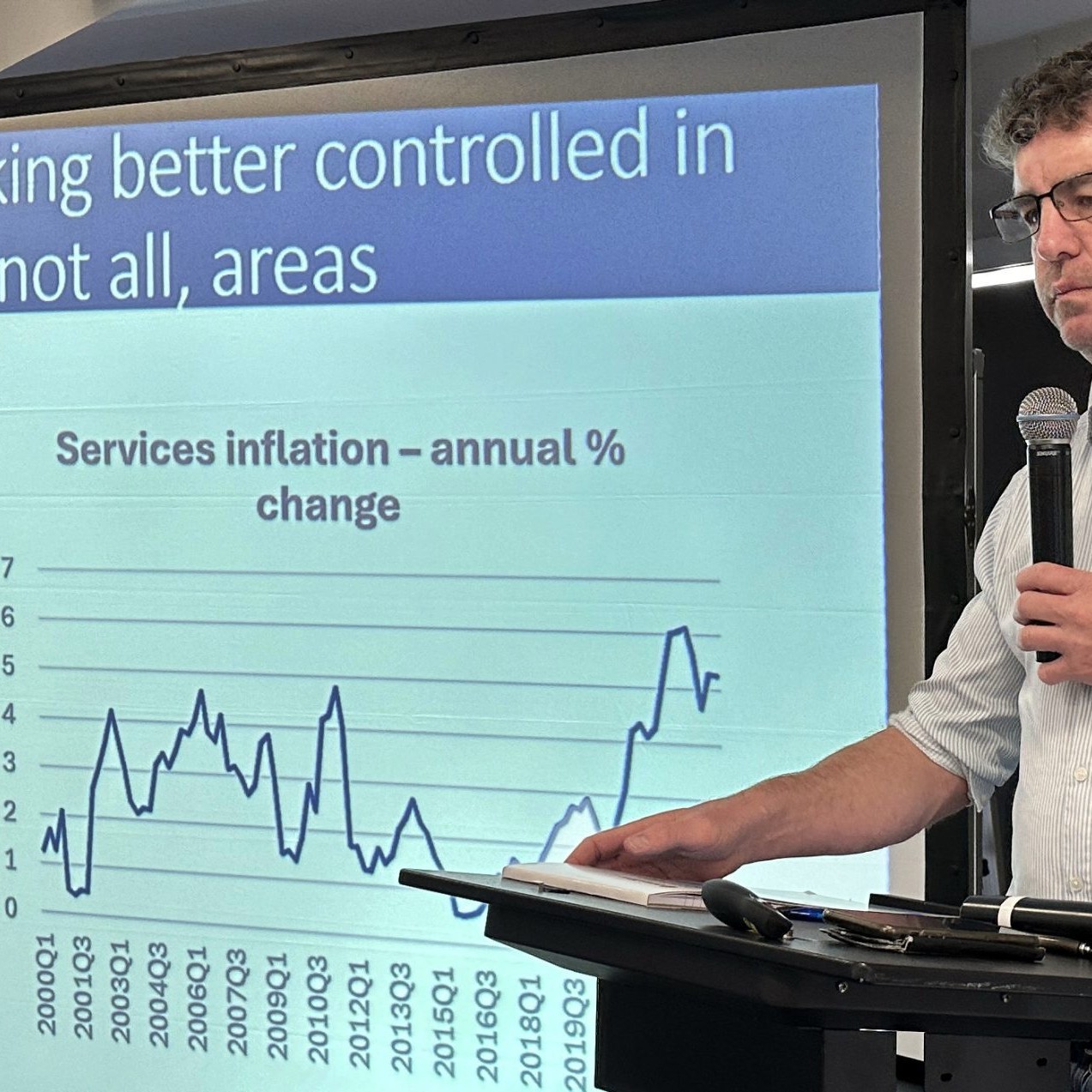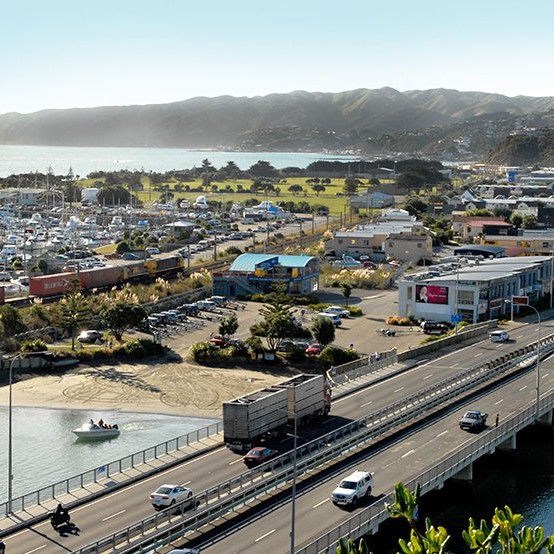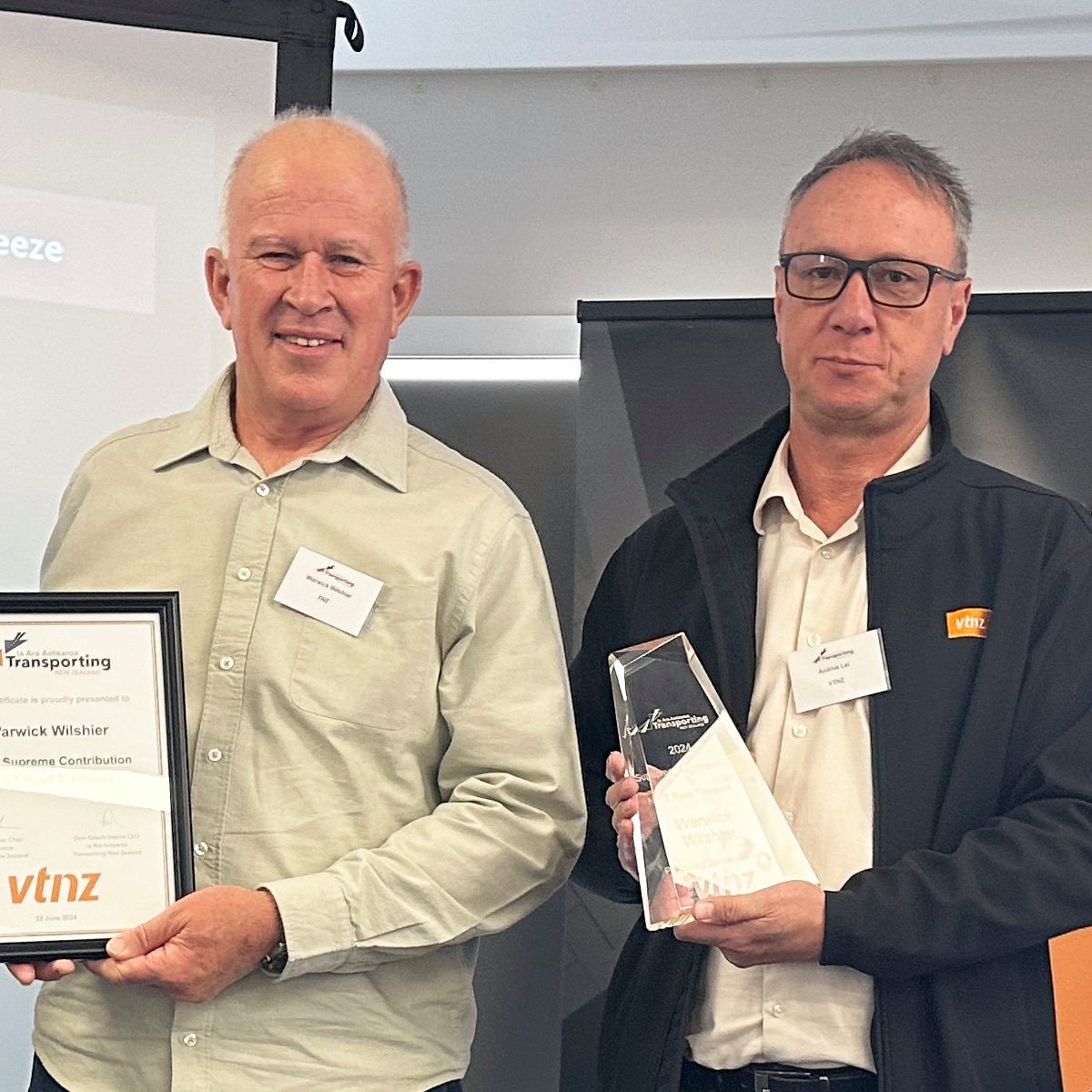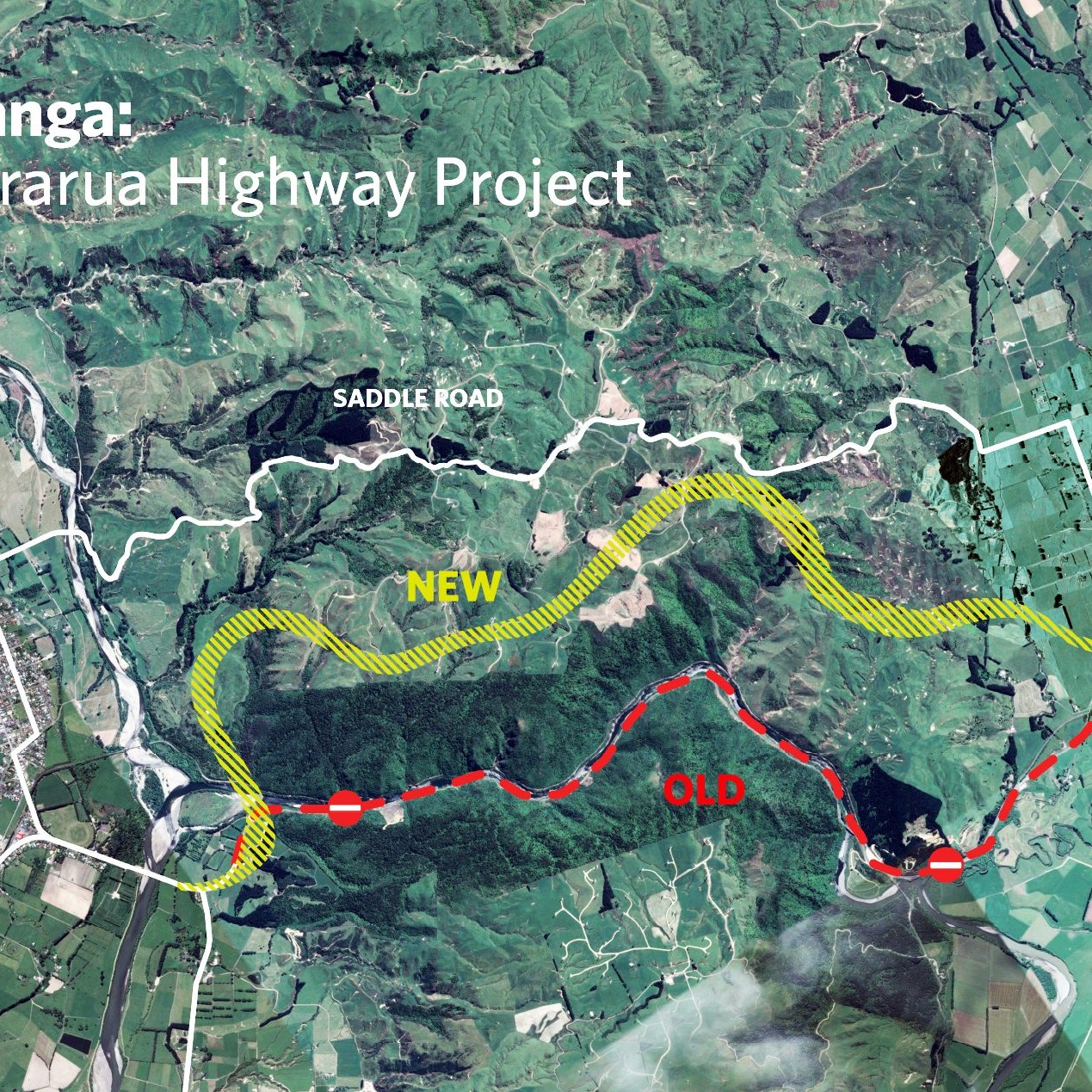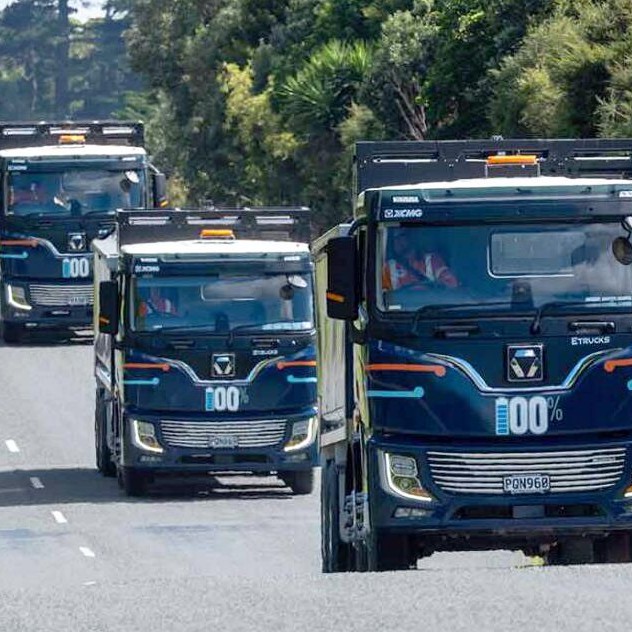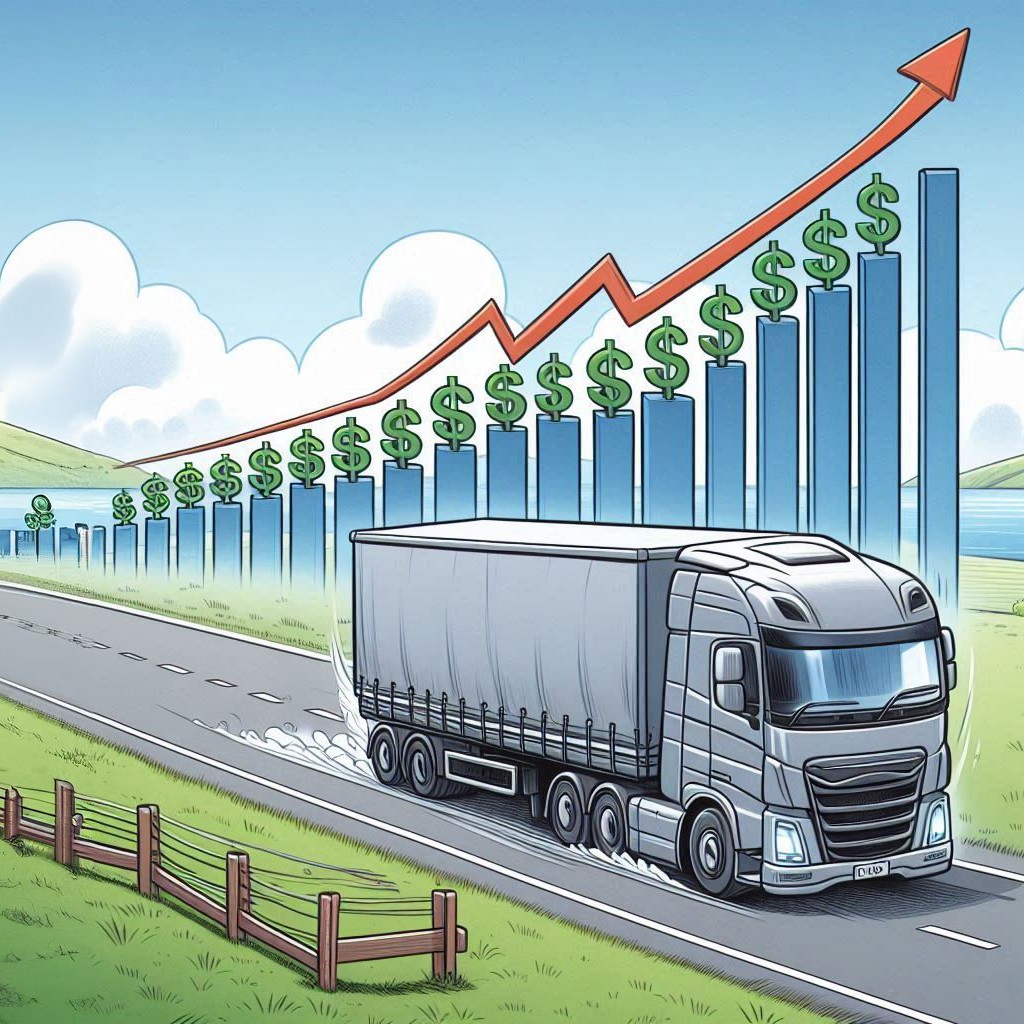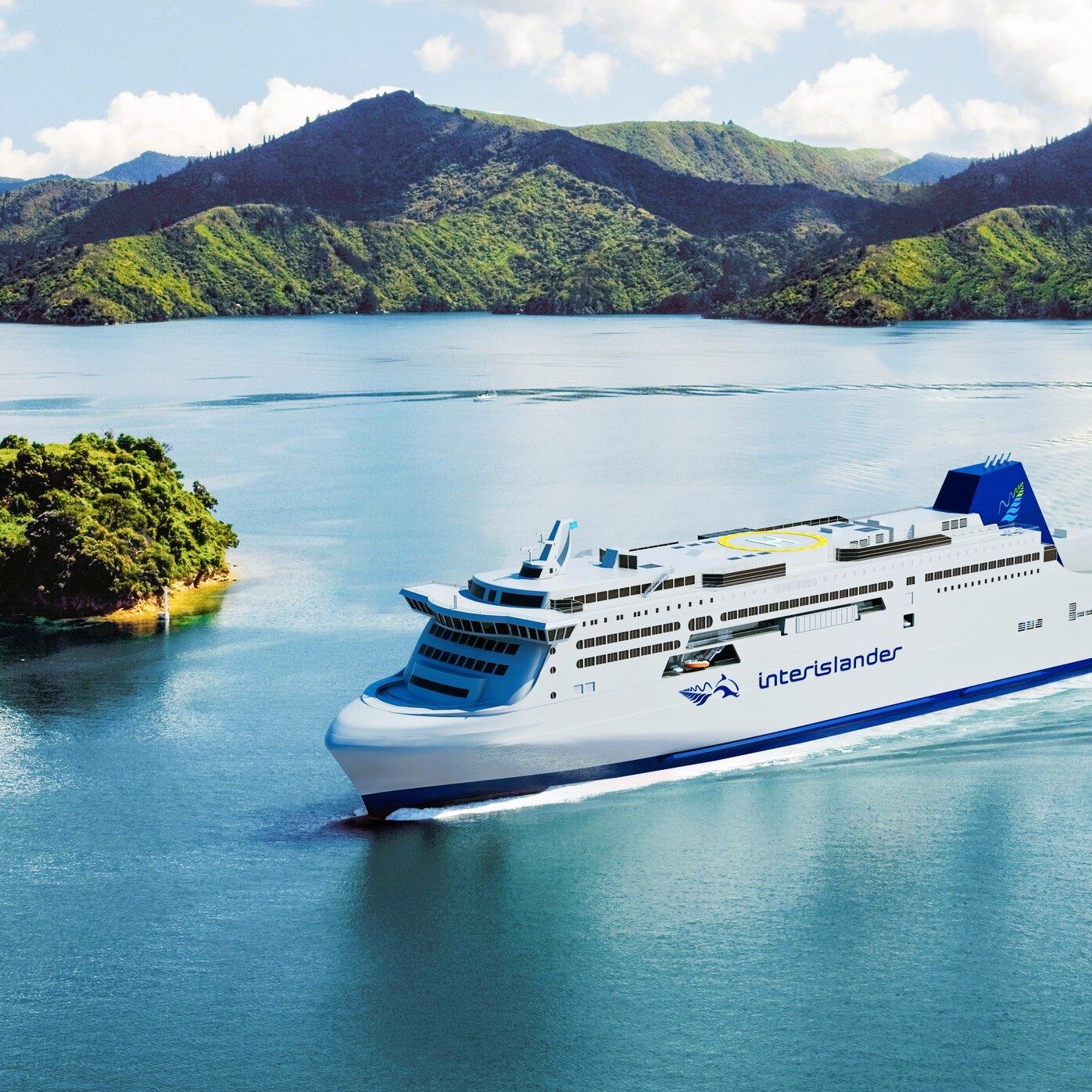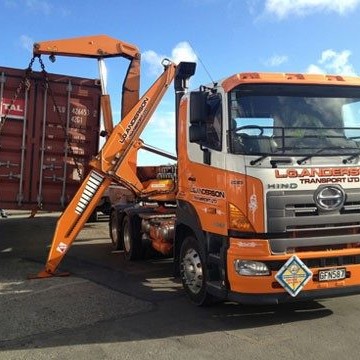
Reducing harmful emissions from road freight transport is a case of “more haste, less speed”, says Road Transport Forum (RTF) chief executive Nick Leggett.
In its response to the He Pou a Rangi, Climate Change Commission (CCC) 2021 draft advice for consultation, RTF has questioned the timelines proposed.
“The RTF supports the principle of reducing harmful emissions from road freight transport over time,” Leggett says. “But you can’t take something as critical as trucks off the road before there are viable, affordable, reliable replacements, or the economy would grind to a halt and everyone would suffer.
“We come from a unique standpoint in that solutions for decarbonising the heavy truck fleet are at this stage largely hypothetical. The plus side of that is there are emerging technologies showing real promise, including synthetic fuels that would reduce carbon impacts by as much as 85 percent and be compatible with both current and older vehicles.
“While a number of road freight operators are trialling trucks powered by alternatives to fossil fuel, these are very much fact finding trials at this stage, to see how businesses will adapt to the possibility of less diesel trucks in their fleets over time.
“In this context, the speed of change to meet the climate change goals set out by the CCC is dramatic and incredibly ambitious. We feel there has not been thorough risk, economic, or geopolitical analysis and that the advice is heavily slanted to electric vehicles as the solution.
“The fossil-fuel alternatives mooted come with pluses and minuses that need to be more explicit, particularly their impacts on the environment and human rights. We can’t be swapping like for like because it suits the ideology of the day.
“There also needs to be consideration of the unique New Zealand context for road transport, including the road and rail funding models, and our ability to generate and distribute the renewable electricity required.
“Going early and forcibly introducing unrefined truck technology won’t lead to truck owner confidence and potentially could leave New Zealand transport operators with a legacy of worthless and unreliable vehicles.
“Our view is there must to be ongoing communication and clarity based on evidence, not sales pitches or ideology, around the future powering of heavy vehicles. There must also be incentives for industry to switch as new, tested technology becomes available.
“We are concerned that while the CCC says that emissions must be reduced at pace while allowing the country to continue to grow and that any transition must be equitable, much of the advice strays from these principles.
“In a quest to lead the charge in climate change mitigations, we cannot do that at the expense of the businesses that contribute to our prosperity and the individual households that wear the costs of any pressures in the supply chain.
“In short, we cannot price ourselves off the global market while our competitors make no significant changes; or leave New Zealand without a viable food supply.
“Covid-19 aside, we cannot live in a bubble and as a small, remote, trading nation, must compete in an global environment.”
